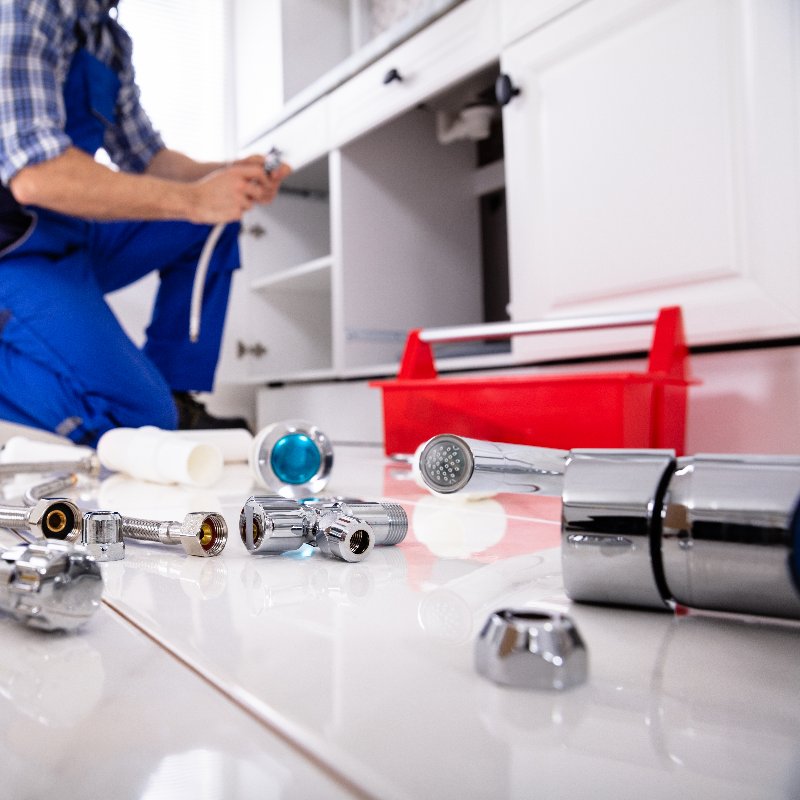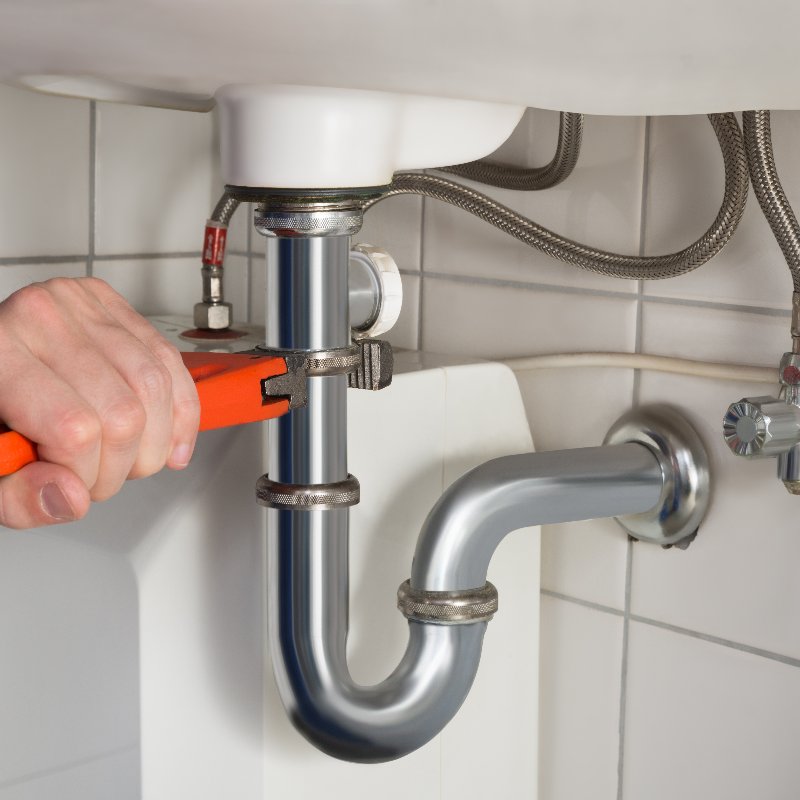
Understanding the World of Plumbing
Most people think that plumbing refers to water flowing in and sewage flowing out. However, there is a lot more to know about plumbing, including the fact that there is a difference between residential and commercial plumbing and the services that install, maintain, and repair both. So, when you have home plumbing problems, call a plumber specializing in residential plumbing services.
While the basics of plumbing are the same, how a residential plumbing system works and how a commercial plumbing system works are different. Residential plumbing requirements are different from those of a commercial structure, mainly because fewer plumbing fixtures aren’t as heavy-duty for industrial-type use.
What does residential plumbing consist of?
The laws of nature are what make commercial and residential plumbing basics work, which are the laws of gravity, the laws of pressure, and the laws of water. Each of these looks for its own level. With this knowledge, the mysteries of how residential plumbing works can be better understood and make DIY repairs possible.
The first thing to understand is that there are two subsystems in residential plumbing services and each subsystem requires different types of residential plumbing pipes:
- The freshwater subsystem: This is the water coming into your home.
- The wastewater subsystem: This is where the wastewater exits your home.
The freshwater subsystem is the incoming water that is under pressure, which allows it to travel throughout your home. By being pressurized it can go upstairs and around corners. It flows through a water meter where it registers how much water is being used.
All residential water services have a main water shut-off valve, typically close to the meter. Every homeowner should know where this is located and how to turn the water off there in case of a plumbing emergency.
The wastewater subsystem is the various drainage systems with the residential plumbing services. Instead of depending on pressure, the wastewater subsystem depends on gravity. For waste matter to leave your house through the various drainpipes, they must be installed at an angle or pitch in a downward position toward the sewer line. Then gravity pulls the waste matter along through the sewer line toward the sewage treatment facility.
What are the plumbing fixtures found inside a residential building?
Within residential plumbing services, there are specific plumbing components that require plumbing fixtures. For example, a sink is a component, and it requires a faucet to function correctly. Plumbing fixtures components each have a purpose. The main plumbing components within residential plumbing services include:
- Faucets and taps
- Sinks
- Toilets
- Showers
- Showerheads
- Bathtubs
- Water heater
A side note on the water heater, while is a part of residential plumbing services in a home, it is not considered a plumbing fixture in the world of plumbing. But, in the world of real estate, it is considered a fixture and because it is connected to the house, it is considered permanent. This means that if you sell your house, you can’t take the water heater with you.
Every state, and the cities and local governing in each state has specific residential plumbing requirements that must be met for residential plumbing services to be approved and connected to the water system.
Because water is a natural resource that every city and state is concerned with minimizing waste, the requirements and restrictions on residential plumbing services are continually being updated. When having any plumbing services performed, verify the plumber is certified, insured, and licensed. These are the plumbers that are going to be updated on current requirements and restrictions on all aspects of residential plumbing services.
The building codes for the state of Florida consist of requirements that are reasonable that all plumbing has substantial connections that make the incoming water and the outgoing wastewater healthy and safe for the public. There should be an adequate supply of potable water while observing conservation measures established by the EPA for the current population and for the future population.

Final Thoughts About Residential Plumbing Services
While the crux of residential plumbing services is the responsibility of the homeowner, with all financial responsibility included, it is a viable question when asked, are plumbing repairs covered by homeowners’ insurance? And the answer to this is most likely no because residential plumbing systems are considered the homeowners’ responsibility to maintain and upkeep.
However, most home insurance policies offer coverage for damages caused by accidental, sudden events for the damage caused by busted water pipes. This part of the homeowner’s insurance policy is categorized as an HO-3 and would cover the cleanup and any repairs or replacement for damages, but not the plumbing itself. The deductible must be met by the homeowner as with any other type of homeowner insurance claim. It is to the homeowner’s benefit to get estimates and determine if it is enough over the deductible to file a claim or simply pay out of pocket.

